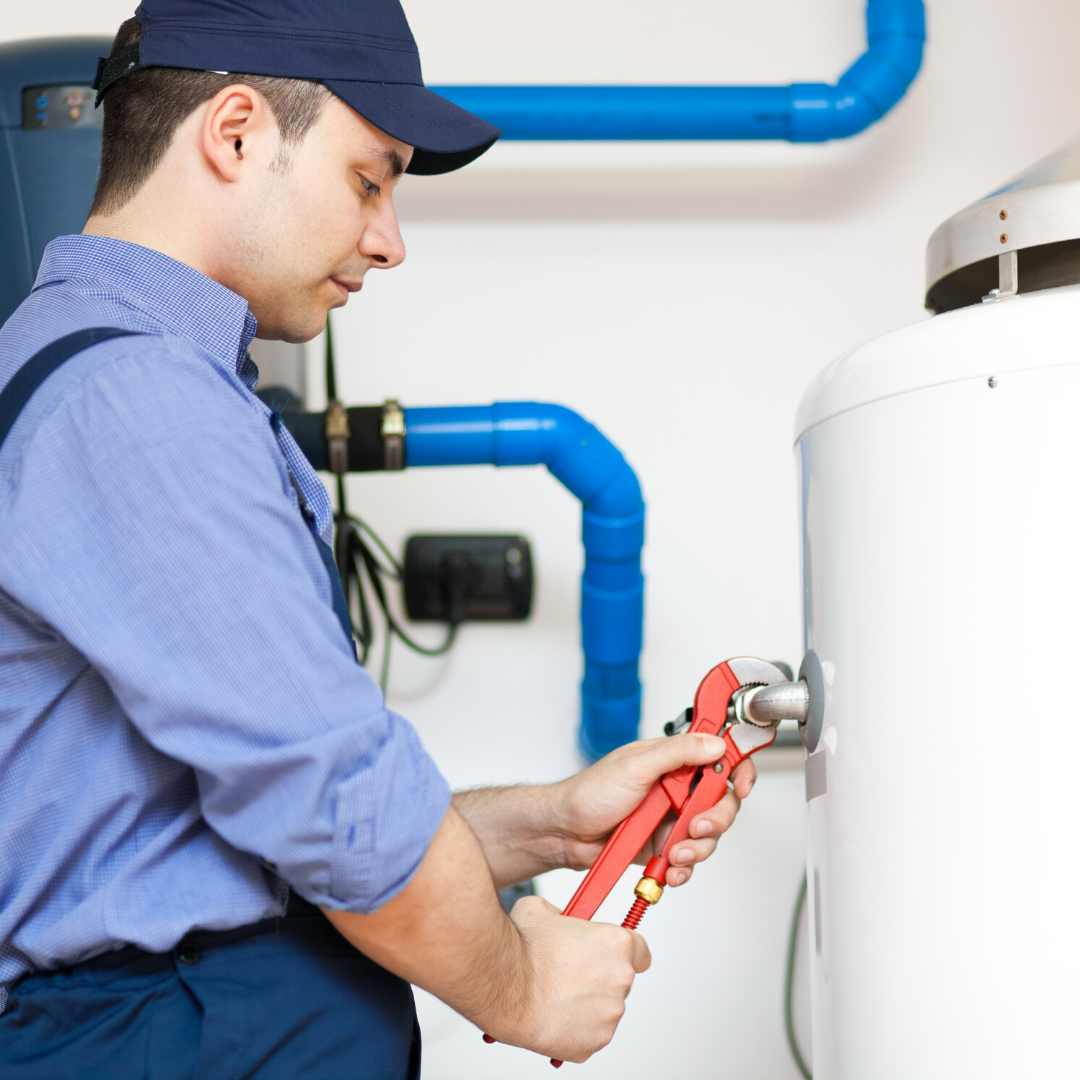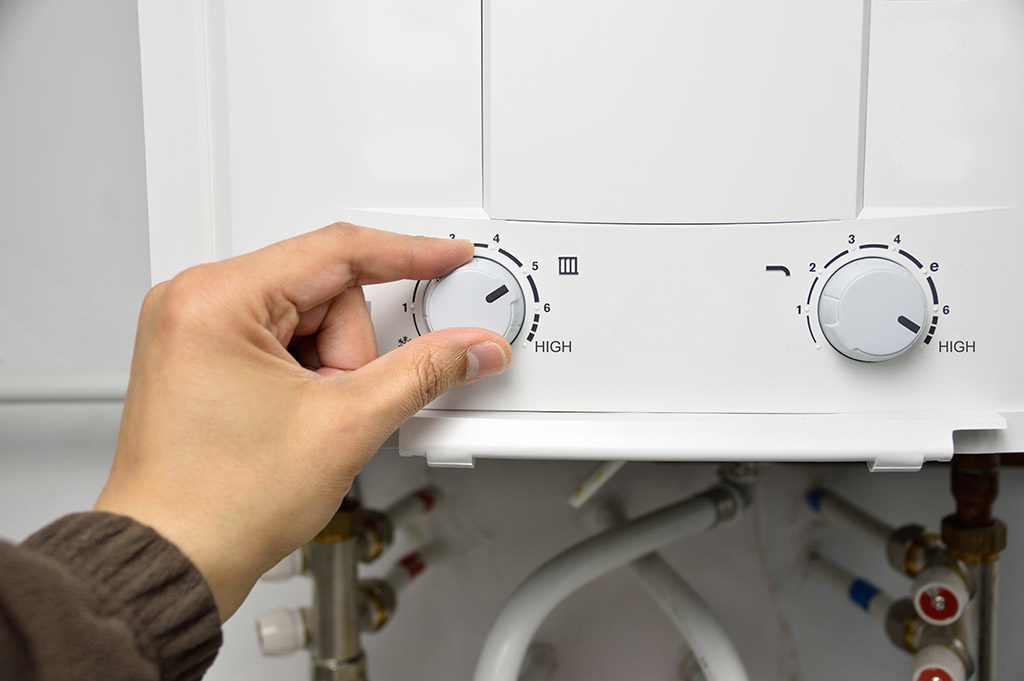How to Address the Common Water Heater Emergency Challenges
How to Address the Common Water Heater Emergency Challenges
Blog Article
How do you feel in regards to Common Hot Water Heater Problems?

A hot water heater is among the most important standard home appliances that can be found in a residence. With water heaters, you do not need to go through the anxiety of heating water by hand each time there is a demand to wash, do the laundry, or the meals. However, there is constantly an opportunity that your water heater would certainly act up just like the majority of mechanical devices.
It is essential to keep in mind any kind of little malfunction and tackle it promptly prior to points leave hand. Most times, your water heater starts to malfunction when there is an accumulation of sediments as a result of continual use. As a preventative measure, periodic flushing of your water heater is advised to prevent debris build-up and stop useful failure.
Common hot water heater emergency situations and how to take care of them
Dripping water heater container.
In this circumstance, you ought to transform off your water heater, enable it to cool down, and also thoroughly look for the resource of the trouble. At times, all you need to do is to tighten a couple of screws or pipeline connections in cases of minor leakages. If this does not function and the leak continues, you may require to use the solutions of a technician for a suitable replacement.
Varying water temperature.
Your water heating system could begin creating water of different temperatures usually ice scalding or chilly hot. There may be a demand to replace either the home heating or the thermostat unit of your water heating unit.
Insufficient warm water
It might be that the water heater can not support the warm water demand for your apartment. You can upgrade your water heating system to one with a larger ability.
Stained or odiferous water
When this occurs, you require to understand if the issue is from the water or the storage tank resource. If there is no funny scent when you run chilly water, after that you are specific that it is your water heater that is malfunctioning. The stinky water can be triggered by corrosion or the build-up of microorganisms or sediments in the water heating unit container.
Conclusion
Some house owners ignore little warning as well as minor faults in their hot water heater device. This only results in additional damages and also a possible complete break down of your home appliance. You must manage your hot water heater faults as soon as they come up to avoid even more expenditures and unnecessary emergency difficulties.
With water heating systems, you do not require to go via the anxiety of home heating water manually every time there is a requirement to take a bath, do the laundry, or the dishes. Your water heating system can begin creating water of different temperatures usually ice hot or cold warm. It might be that the water heating unit can't sustain the warm water demand for your home. If there is no amusing smell when you run cool water, after that you are certain that it is your water heating system that is malfunctioning. The stinky water can be created by rust or the accumulation of germs or sediments in the water heating unit tank.
Common Water Heater Issues and What You Should Do
What Type of Water Heater Do You Have?
Before we begin it’s first important that you identify the type of water heater you have on your property. There are two main types of water heaters out there: conventional and high efficiency.
Both of these types of products typically use either gas or electricity to heat power. There are also solar water heaters that use a thermal collector on the roof or yard to heat the water.
While these models are not as common, they can cut heating costs in half. In this article, we will focus on conventional and high efficiency.
How Do My Electric and Gas Water Heater Work?
Though they look similar, electric and gas water heaters work very differently. It’s important to know their basic function because often problems can be specific to the heating source.
In the electric model, a thermostat on the side of the machine detects the temperature of the water in the tank. When the temperature needs to rise electricity flows to a heating element suspended in the water.
Gas models also use a thermostat device — typically with a mercury sensor at the tip and an additional sensor called a thermocouple. The thermocouple detects whether the pilot light is on and controls the flow of gas.
When the thermostat drops below the appropriate level gas is released which becomes ignited by the pilot light. The flame heats the bottom of the water tank which causes hot water to rise and cold water to drop.
This natural circulation continues until the water reaches the desired temperature. Then, the thermostat triggers the gas control valve to shut off the flow of gas.
What Are the Most Common Issues and How Do You Fix Them?
https://happyhiller.com/blog/common-water-heater-issues-and-what-you-should-do/

We were shown that article on Common Hot Water Heater Problems through a friend on another website. Are you aware of anybody else who is interested in the niche? Be sure share it. Thanks so much for going through it.
Get the right fix, call! Report this page